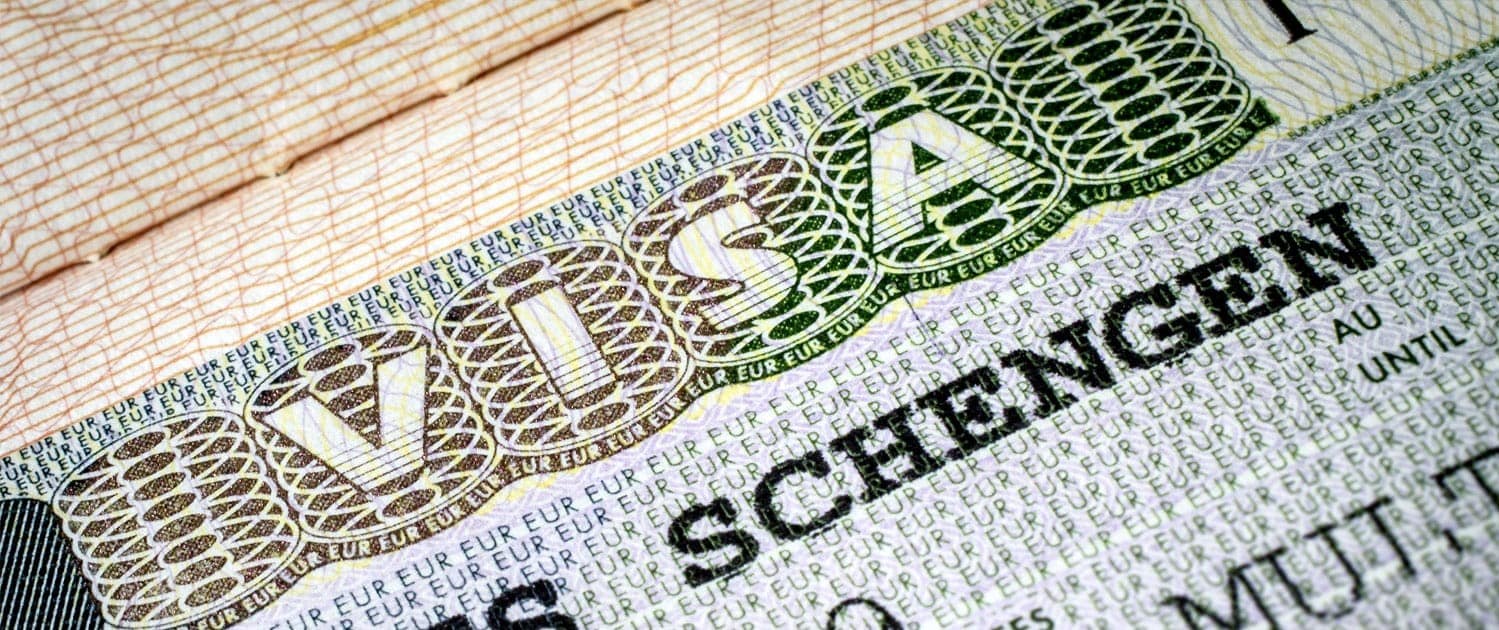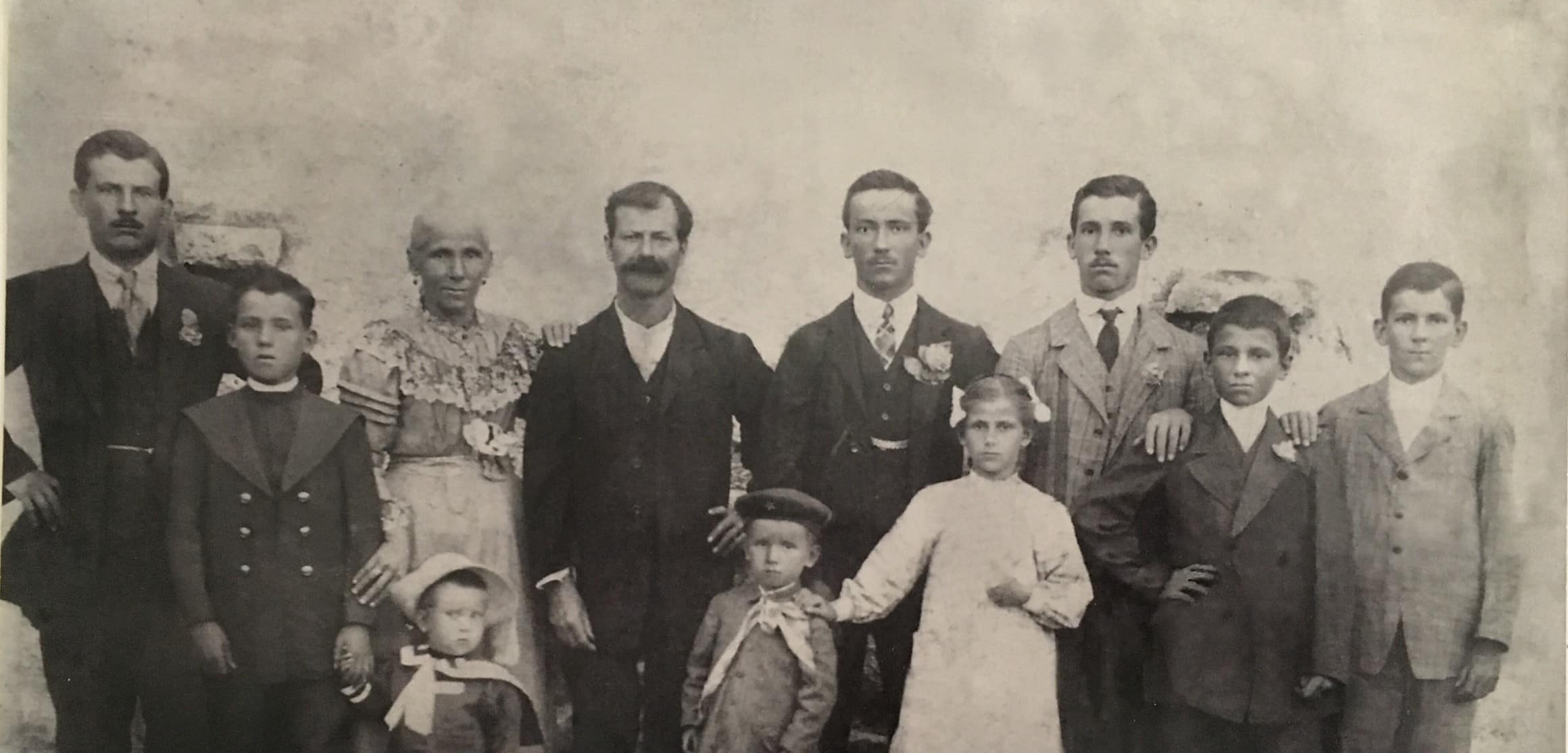Is an Italian citizen allowed to form a same-sex civil union with a person from a non-EU country? What are the bureaucratic pitfalls if that person is considered to be at risk of migration from his/her home country and if that person comes from a country that does not recognize any form of union between individuals of the same sex?
The legal institution of civil union between same-sex couples, as introduced by the Italian law n. 76/2016 (c.d. legge Cirinnà), is open to foreign-born individuals, under the application of the principle of equality guaranteed by art. 3 of the Italian Constitution. However, the gap between the literal enunciation of norms and their concrete implementation could potentially be long and complicated to bridge.
Sometimes, and for several reasons, the option of forming the same sex civil union before the Italian diplomatic authority in the non-EU country is not available. Therefore, in order to celebrate the civil union in Italy, the foreign citizen must obtain an entry visa for Italy, except he or she comes from a country that benefits of the visa exemption for short stays.
However, in consideration of the aforementioned migration risk, and when in lack of the basic requirements that are necessary for the issuance of a national or Schengen visa– in all likelihood the foreigner will see his/her application for a tourist visa for Italy rejected. On the other hand, he/she will not be able to apply for a visa “for family reunification”, due to the fact that the family link in support of the application is yet to be formed.
This problematic situation is exactly what Studio Legale Stornelli successfully dealt with in 2018.
The concrete case, initially submitted to the attention of the administrative staff at the civil registry office of a town in Puglia, was defined as “unprecedented” by Italian and foreign authorities subsequently involved.
To solve this bureaucratic burden, the same-sex couple of this peculiar case demonstrated a tenacity that proved to be fundamental. Despite the uncertainty of the outcome and the innumerable pitfalls encountered along the way, the couple never stopped fighting to make their dream come true. Today, they are civilly united and live happily (and lawfully) in Italy.
This story’s happy ending is a testimony to the progressive steps Italy has taken to recognize and guarantee the inviolable human rights to men and women, both as individuals and in the social formations where their personality takes place, as affirmed by art. 2 of the Italian Constitution. It is also an opportunity to reflect on how much work is still needed to ensure that the formal ownership of rights can concur with the ease of making use of them in practice.





